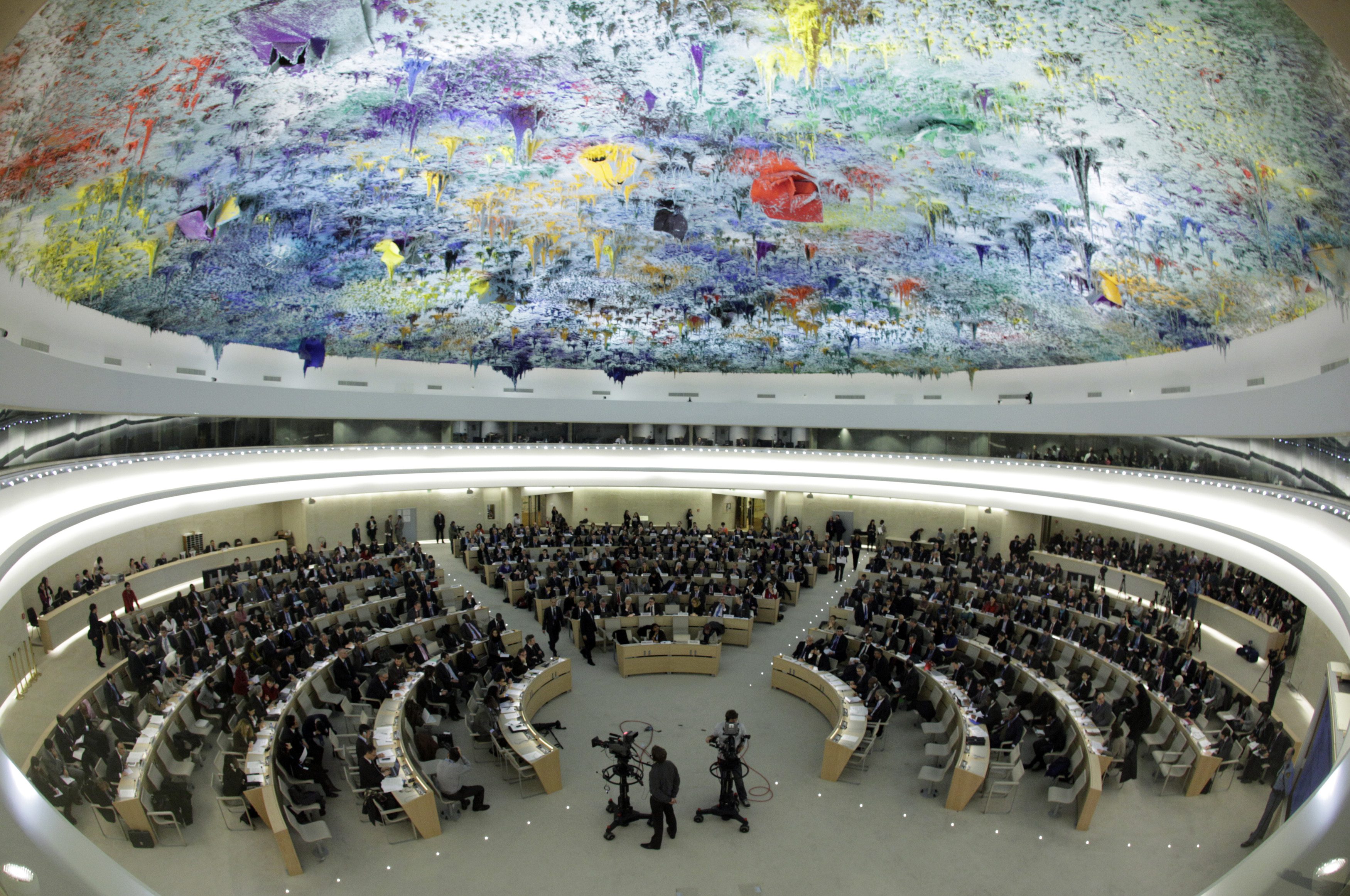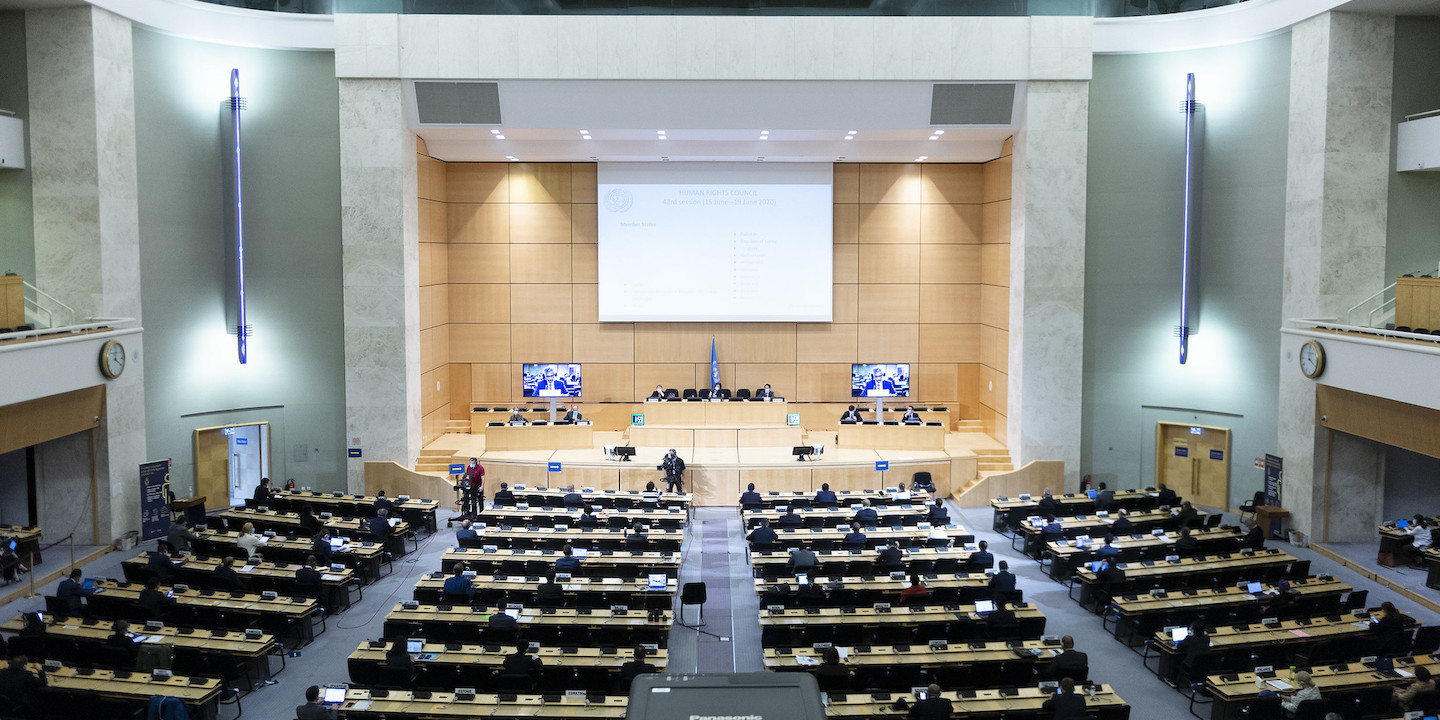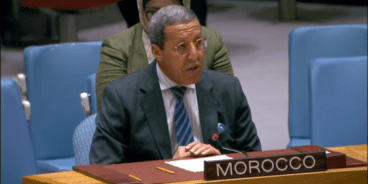

Statement delivered on behalf of the Group of Friends of R2P at the intersessional panel on the 15th anniversary of the responsibility to protect
Madame President,
I have the honour to deliver this statement on behalf of members of the Group of Friends of the Responsibility to Protect.
We warmly welcome today’s panel discussion on the exchange of best practices to strengthen the implementation of R2P on a national level, and the role that the HRC, its mechanisms and procedures, can play in strengthening Pillar I and Pillar II of R2P to prevent the commission of genocide, war crimes, crimes against humanity and ethnic cleansing. We also welcome states engagement in today’s panel discussion on sharing their national efforts to implement R2P.
National governments have the primary responsibility to protect their population and prevent atrocities, and to respect human rights. Countering hate speech, ensuring protection of the human rights of members of minority groups, guaranteeing equal access to justice, including for sexual and gender-based violence, and tackling discrimination and marginalisation of groups in vulnerable situations are all part of holistic domestic atrocity prevention strategies. The UN human rights system is of vital importance in assisting States to identify early warning signs and contribute to the implementation of successful prevention and mitigation strategies at a national level. Through the work of the Office of the High Commissioner for Human Rights (OHCHR), Special Rapporteurs, Treaty Bodies, the Universal Periodic Review process and other Geneva-based human rights mechanisms and procedures governments can better understand and identify existing gaps and opportunities to mitigate unique risk factors particular to their country.
Over the past years, the Group of Friends has emphasized the unique contribution of Geneva-based mechanisms and procedures in assisting states to identify early warning signs and of technical assistance and capacity building in strengthening domestic resilience to atrocity crimes. This first panel discussion on R2P at the HRC constitutes an important next step in further strengthening the relationship between the UN human rights system, R2P and atrocity prevention.
On this occasion, we wish to particularly emphasize the role of technical assistance and capacity building, including that provided through the OHCHR, in combatting the commission of atrocity crimes, including at the earliest possible stages. While there exists broad understanding of how to utilize capacity building assistance to help prevent human rights violations, this does not necessarily extend to atrocity prevention specifically. Therefore, we believe that the linkages between Geneva and national implementation of R2P can further be strengthened by adopting capacity building measures that look at a broad spectrum of national processes, policies and institutions linked to atrocity prevention and mitigation strategies. Greater synergies between OHCHR and the UN Office on the Prevention of Genocide and the Responsibility to Protect may help in designing capacity-building programs and assistance which focuses specifically on structural prevention of atrocity crimes on a domestic level.
We also encourage all Member States to utilize the work of UN human rights mechanisms to strengthen domestic risk assessments and national prevention efforts. In this regard, atrocity prevention-related recommendations in the Universal Periodic Review can be of particular importance in highlighting challenges and opportunities for domestic policies.
As members of the GoF of R2P, we remain committed to advancing R2P, as enshrined in the 2005 World Summit Outcome Document, across the UN system and to ensuring that we fully utilize the potential of the HRC, its mechanisms and procedures in upholding our Responsibility to Protect.
Thank you.
Related Content

